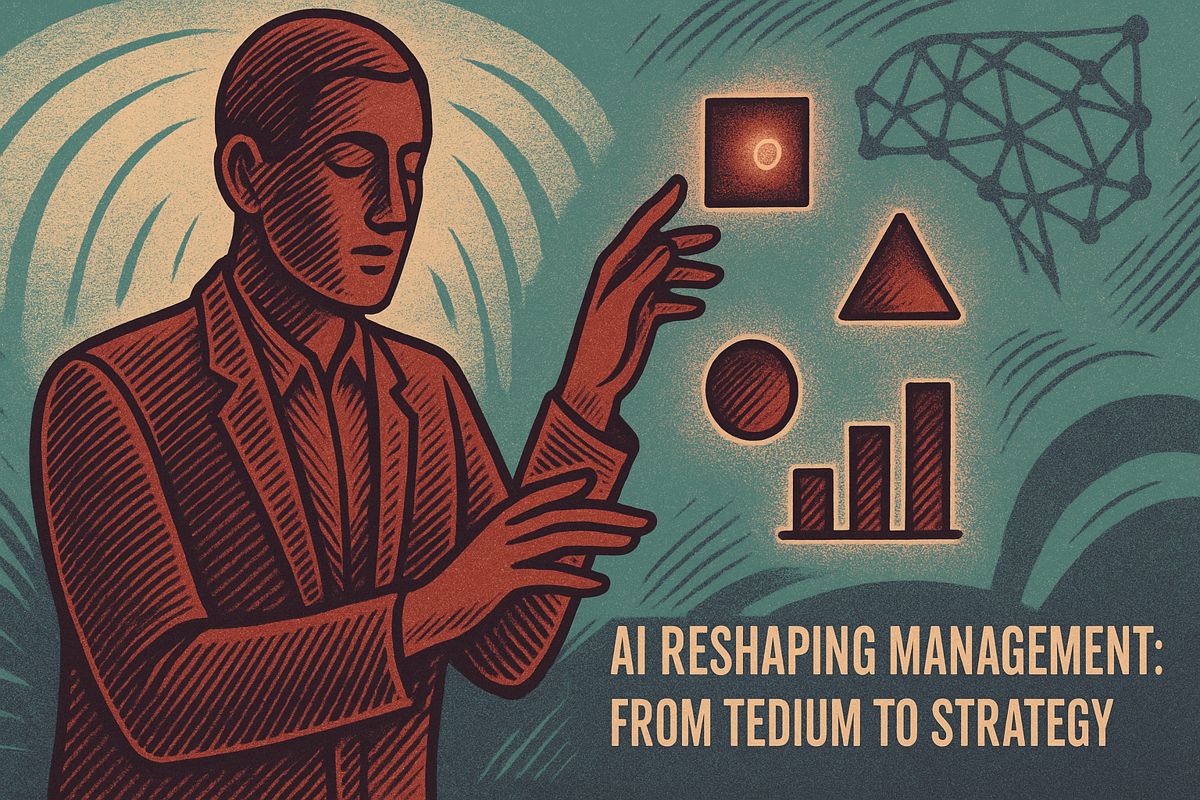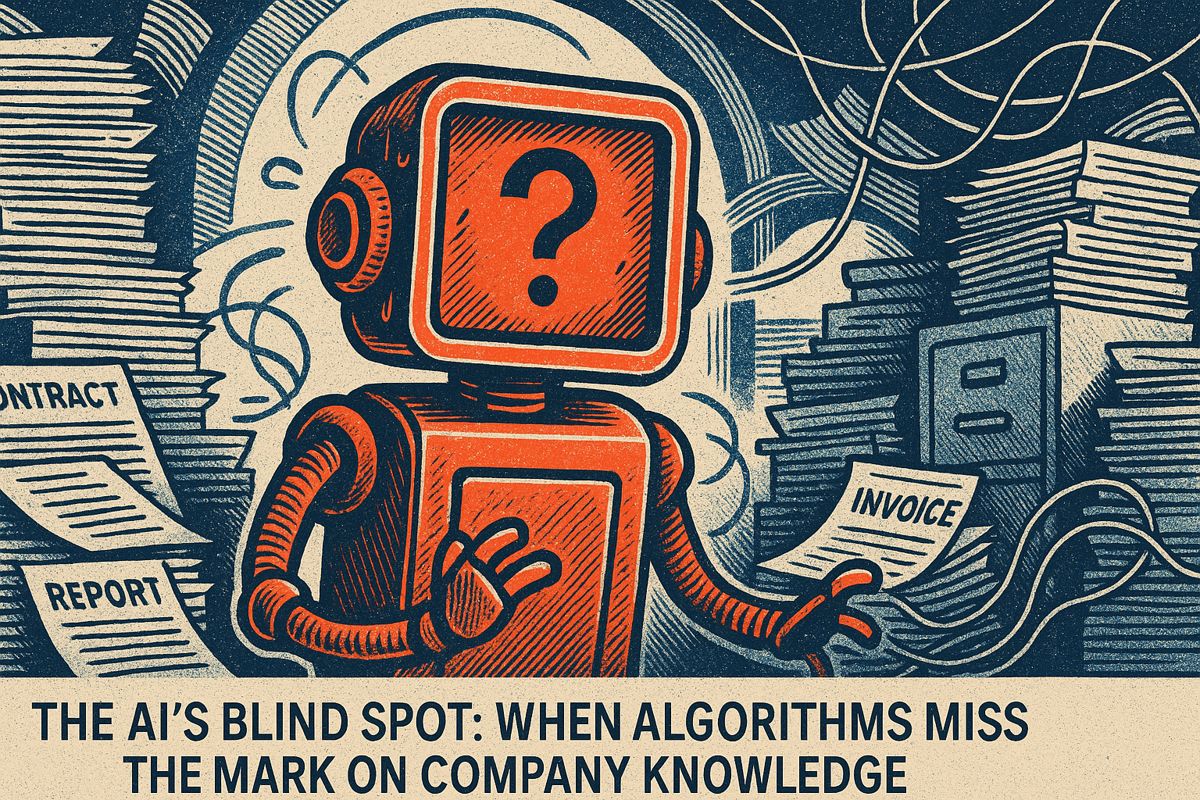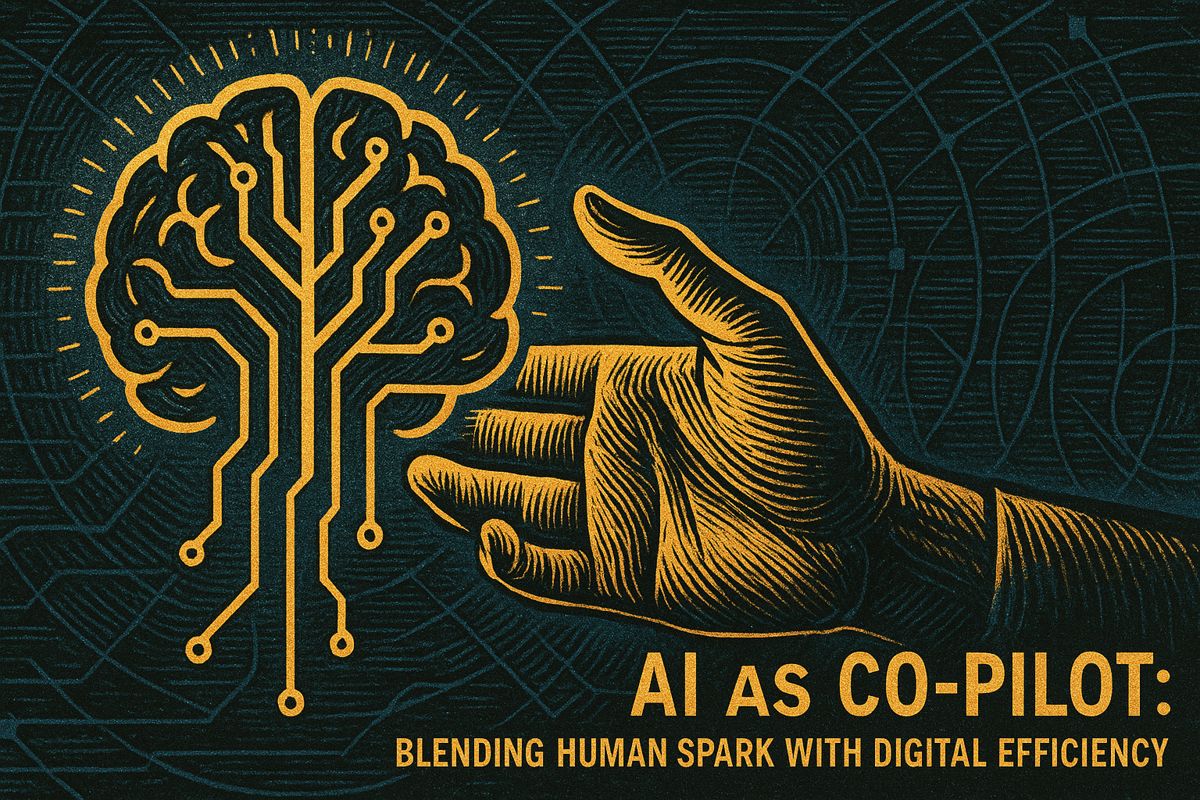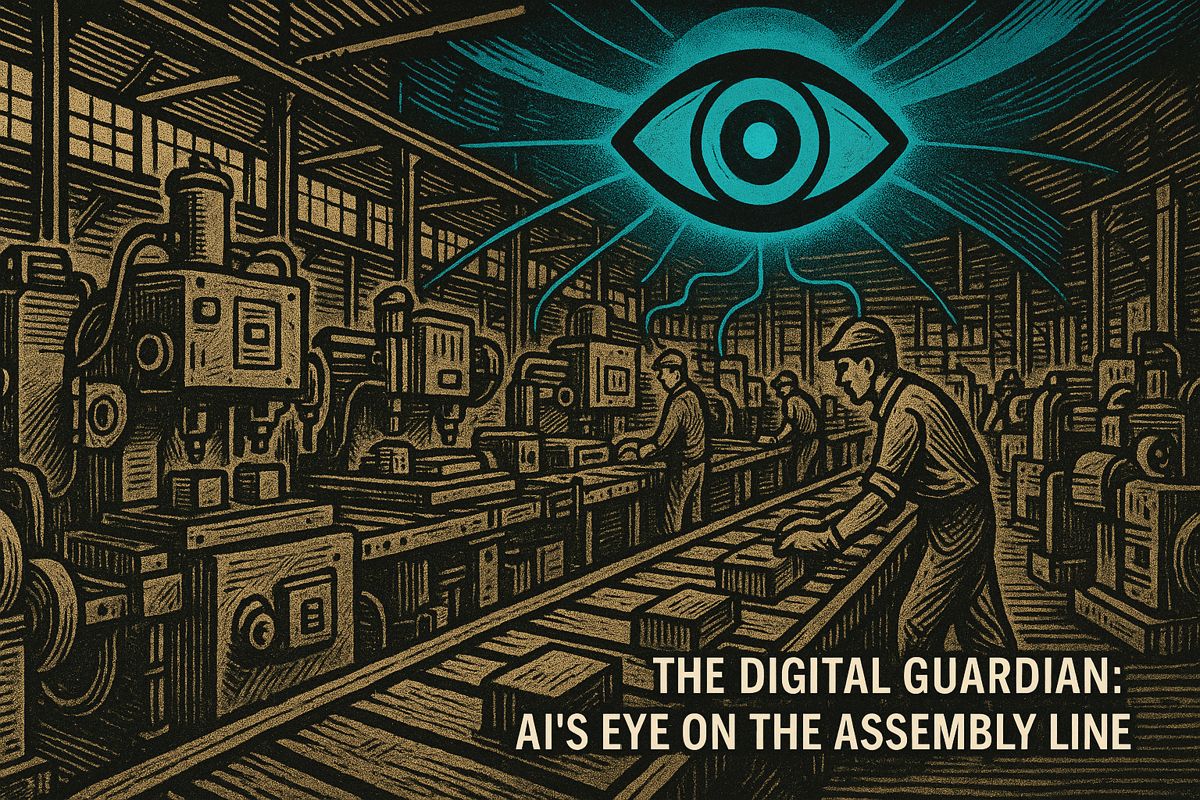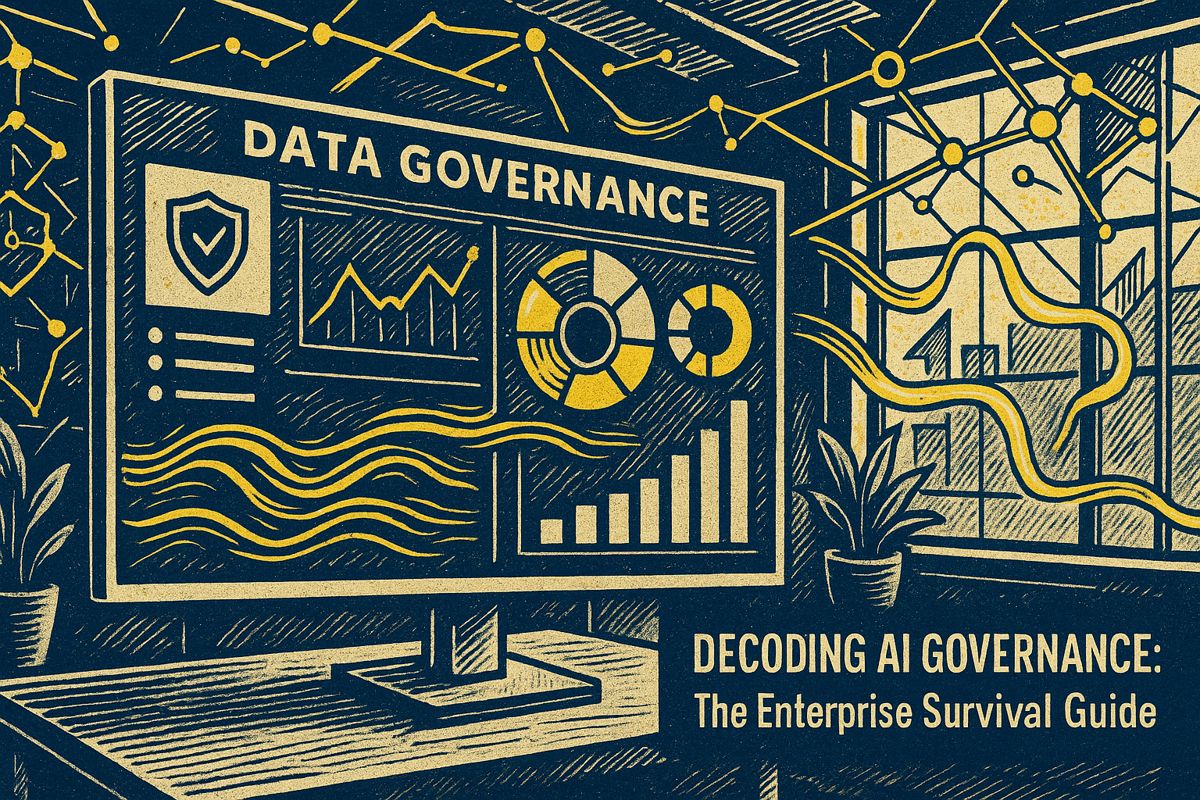Imagine a world where smart computers handle all the boring office tasks, like scheduling and reports! This is happening for middle managers, freeing them from endless paperwork. Now, they can be like super coaches, helping their teams grow and solve tricky problems with clever ideas. It’s a big change, nudging managers to use their people skills and creativity more than ever before. This exciting shift means managers can finally focus on what truly makes a team shine.
How is AI reshaping the role of middle management?
AI is transforming middle management by automating routine administrative tasks like scheduling and reporting, freeing managers to focus on strategic thinking, team coaching, and crisis navigation. This shift redefines their role from workflow execution to higher-value activities such as mentorship, problem-solving, and fostering team creativity and resilience.
Remembering the Old Routine
Just last week, an article crossed my feed: “AI Is Transforming Middle Management.” It hurled me straight back to my first project coordinator gig. Picture this: my desk smothered in spreadsheets and sticky notes, the persistent clatter of the HP LaserJet drifting over the low cubicle walls. The memory presses in, sharp and insistent. Those mornings bled together – a relentless loop of recalibrating project plans, chasing status updates, and feeling, unmistakably, as if I were attempting to corral caffeinated squirrels with nothing but a desk calendar.
Nostalgia tugs at the edges—was that era ever truly satisfying? I can still smell the faint chemical tang of dry-erase markers. Tanya, our workflow maven at Acme Corp, pops into mind. She orchestrated Monday standups with a maestro’s touch. Her Gantt charts, so obsessively color-coded that you half-expected them to blink like traffic lights, became the stuff of legend. Still, most of her genius evaporated on laborious, repetitious tasks. If she’d had today’s AI tools, would she have relished the extra hours to strategize, or secretly mourned her lost kingdom of charts? I sometimes wonder.
Unpacking the Shift: Facts, Figures, and Fresh Realities
So what’s really happening out there? The analysts at Gartner and McKinsey have been beating this drum for months: AI now handles routine project work—scheduling, automated reporting, workflow audits. These weren’t trivial chores; at one point, I spent nearly 22 hours a week on them, and I was hardly alone. According to industry surveys, more than half of a manager’s week used to vanish into these administrative sinkholes.
Machines can now schedule meetings, update project trackers, and spit out status reports before you’ve even had your first coffee. Managers are being nudged (or maybe shoved) toward the creative and strategic: big-picture thinking, team coaching, and crisis navigation. The phrase “role evolution” pops up again and again in these reports—this isn’t about eliminating middle management, but reimagining it. Still, it’s not all smooth sailing. I’ll admit, for a moment, I doubted whether human-AI collaboration could really deliver more than just incremental gains. But the numbers—and a few skeptical colleagues—convinced me otherwise.
Navigating the Human Side of Automation
There’s an odd poetry to this upheaval. The transition is both exhilarating and daunting. Managers who once found structure in their routines now face amorphous new expectations—become data-literate, master change management, communicate with nuance. And that’s just the beginning. It begs the question: can a weekend LinkedIn Learning binge really prepare you for this?
Let’s be honest, not everyone will glide through the shift. Some managers will seize the chance to become true team architects—mentoring, solving complex problems, even (occasionally) indulging in a little Socratic dialogue. Others, though, may find themselves nostalgic for the old certainties, like a chef asked to toss out their trusted knives. I still recall the brief panic I felt when automation first hit our project management tools—what if the software saw things I missed? But then, gradually, relief crept in. My headaches faded, my email count dropped, and I remembered what it felt like to actually lead.
Still, there’s a catch: companies can’t just install AI and walk away. They need to invest, properly, in reskilling. Data analytics, empathetic communication, and digital fluency suddenly matter more than ever. Otherwise, something vital—the connective tissue of office life, the spontaneous mentorship or the quick, reassuring word—might vanish. Imagine a bot catching a project delay, but missing the subtle slump in a teammate’s posture. That moment can’t be auto-generated… yet.
Embracing the Unknown: What Comes Next?
So what’s the mood, here at the precipice of a new management era? A cocktail of excitement and trepidation, if I’m honest. There’s opportunity everywhere you look: faster pivots, deeper insights, and, for the managers who adapt, the chance to finally escape the tyranny of rote busywork. The best leaders will shift focus, doubling down on what makes teams tick—creativity, mentorship, resilience. That’s not less management, it’s smarter management.
Will the algorithms eventually learn to spot a brewing team conflict, or that subtle joy when a long-shot project finally lands? Maybe. Or maybe that’s still the unique province of the human mind. Either way, the landscape is shifting fast. Blink, and you might miss it.
Dan

